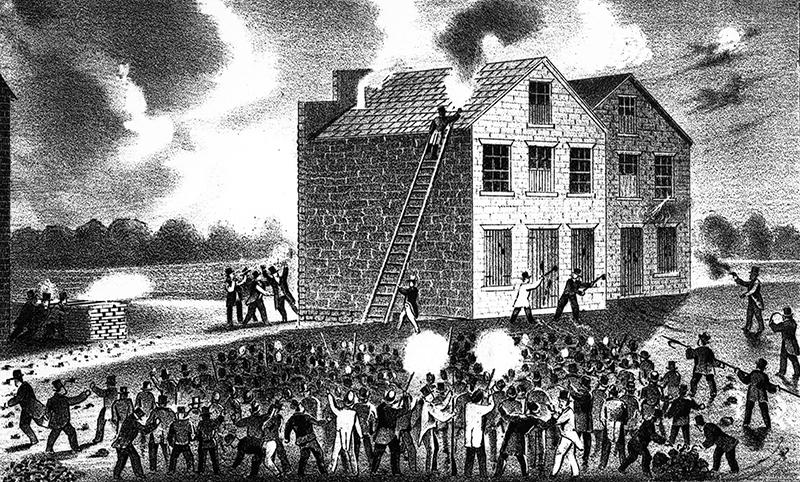What happened at the U.S. Capitol is not surprising. It's sad, disgusting and appalling, but not surprising.
People believe they have been lied to and ignored. They are desperate. They haven't been allowed to work for nine months or more. They haven't been allowed to travel and visit people. And yet, they have their elected officials, who have yet to miss a paycheck, telling them that it was for their own good. How did two weeks to “flatten the curve” turn into nine months of “the cases are increasing!”




